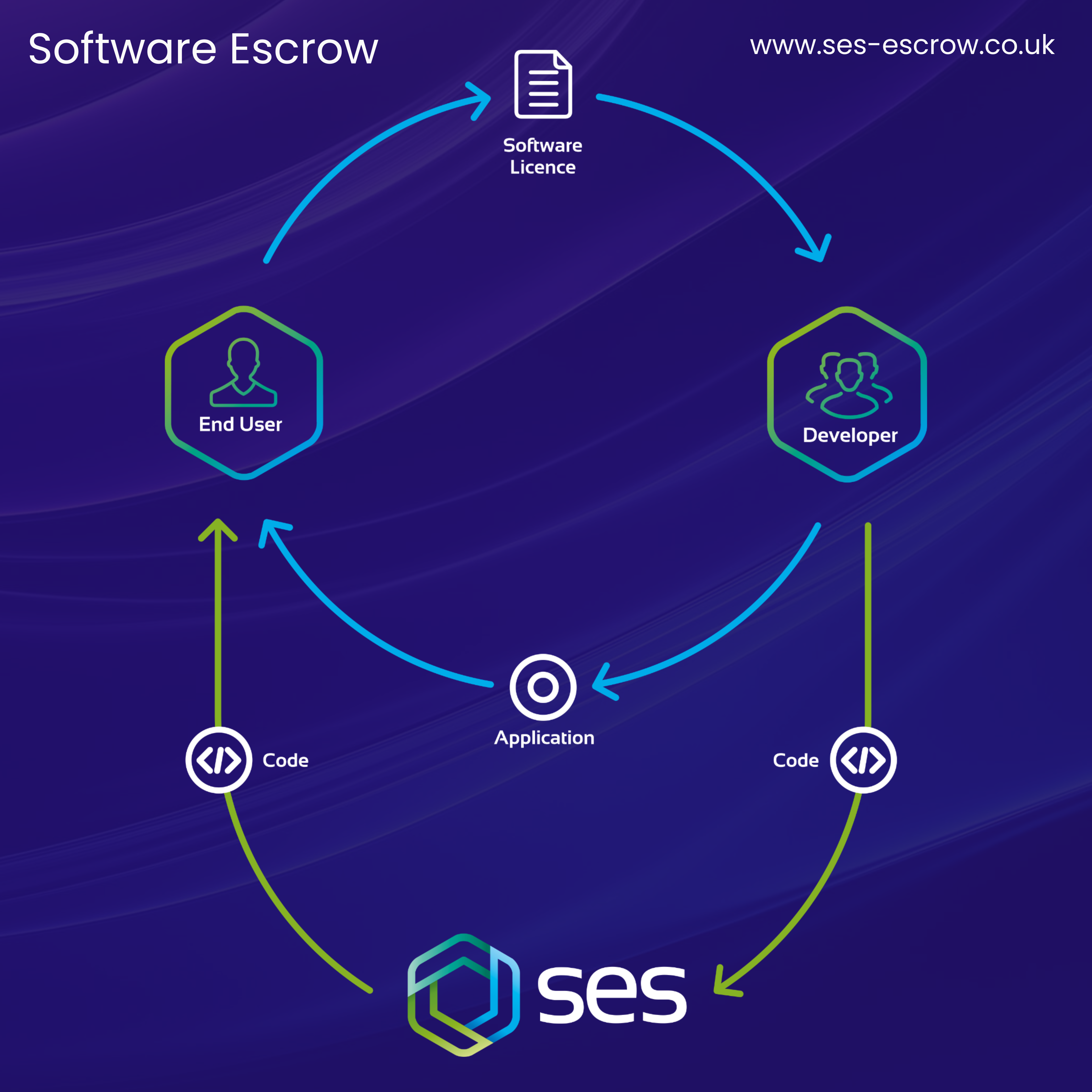Software Escrow (also known as Source Code Escrow) is a comprehensive safeguarding tool that provides software users with a means of maintaining uninterrupted access to a software application, even during crisis events and disruption. Software Escrow protects the best interests of all stakeholders that are in some way impacted by a critical application (e.g., a CRM system).

It's widely recognised that the best plans are those that have been tried and tested. The process of implementing a Software Escrow solution can involve various testing services to verify that deposited assets are complete, accurate, and functional.
This blog will explore common testing services that are carried out within a Software Escrow Solution.
Verification Testing
Basic Validation: This involves checking that the materials deposited (e.g., source code, build instructions, documentation) are present and match the expected inventory. This ensures that the deposited files exist and are in a readable format.
Full Validation: A more thorough process that may involve compiling the source code to ensure it generates the executable software. This ensures that the deposit is complete and accurate.
Build Verification
Build & Compile Testing: This testing service involves an Escrow provider, such as SES Secure, verifying that the deposited source code can be successfully compiled and built into a working application, using the instructions provided. This helps to confirm whether the source code is complete and can produce a functional product.
Environment Replication: Testing may involve setting up the same environment (software, libraries, dependencies, etc.) to ensure that the build process can be replicated by the licensee (the software application’s end-user).
Binary & Source Code Comparison
A Software Escrow Solution may compare the compiled binary from the deposited source code with the software in use to ensure that they match. This demonstrates whether the deposited source code can indeed produce the same version of the software that the licensee is using.
Functionality Testing
Basic Functionality Testing: This involves running the compiled software to ensure it works as expected. The tests can range from basic smoke testing to more extensive functional checks, depending on the agreement and the licensee’s needs/specifications.
Automated Testing: Some Escrow services may also run automated test scripts (if provided) to verify that the software has the intended functions and features. This can be particularly useful for complex applications.
Technical Audits
Code Quality Audits: Some Escrow services may offer an optional audit of the code to assess its quality, maintainability, and compliance with best practices. This can provide the licensee with insights on the ease with which the software can be maintained if they need to take over.
Documentation Audit: This process verifies that documentation is complete, accurate, and matches the deposited code and software. This includes checking that installation, build instructions, and other technical documentation are present and clear.
Ongoing Verification
Periodic Testing: Instead of a one-time verification, some Escrow arrangements include regular updates and re-verifications. This ensures that as the software evolves, the deposited code remains up-to-date, and any changes made by the vendor are correctly reflected in the Escrow Solution.
These testing services help mitigate risks associated with relying on third-party software, as they ensure the licensee can access and use the software in case the original provider is no longer able to support it. At SES Secure, testing is conducted by our in-house team of technical experts. Our team are at hand to provide clear communication and updates at every stage of a client’s journey.
If you have any questions or queries or would like to arrange a chat with a member of our team, please get in touch or give us a call on 0161 488 1400.